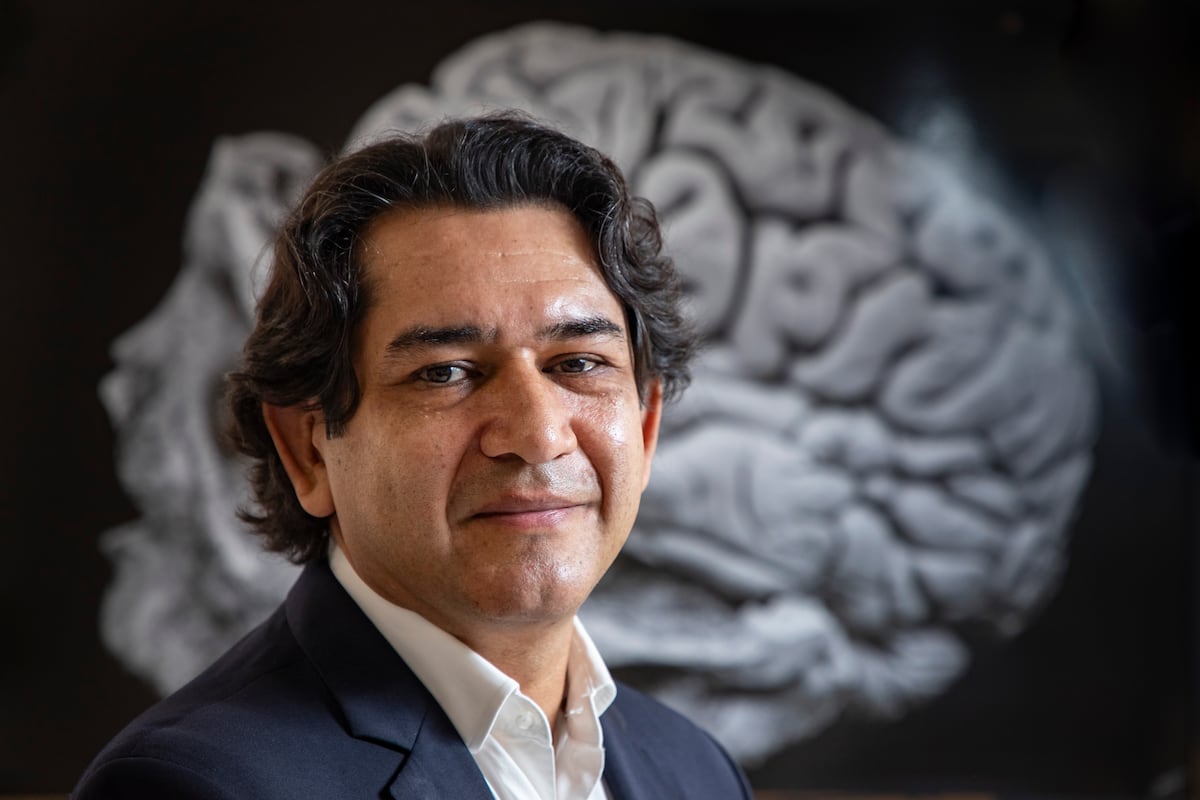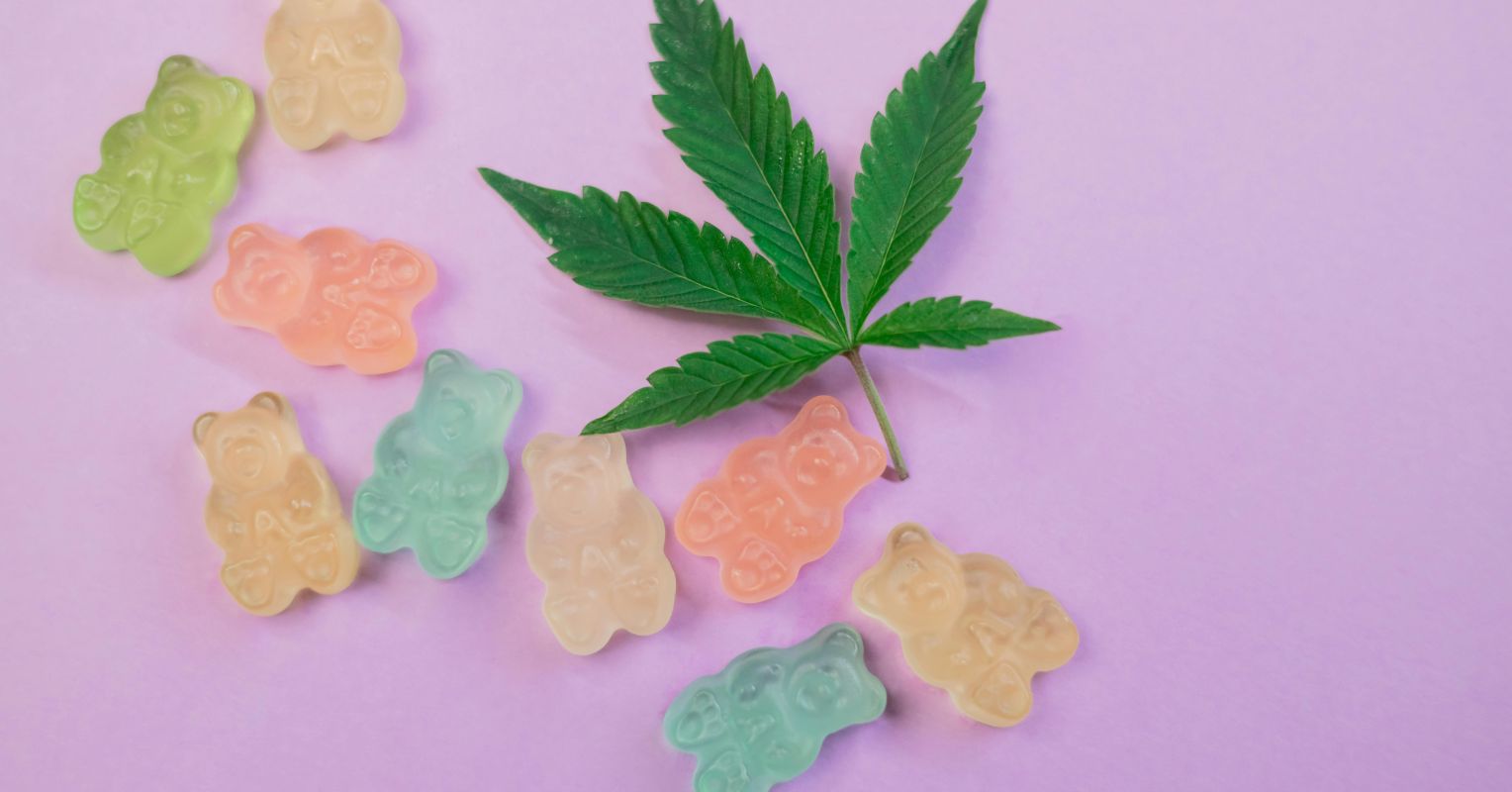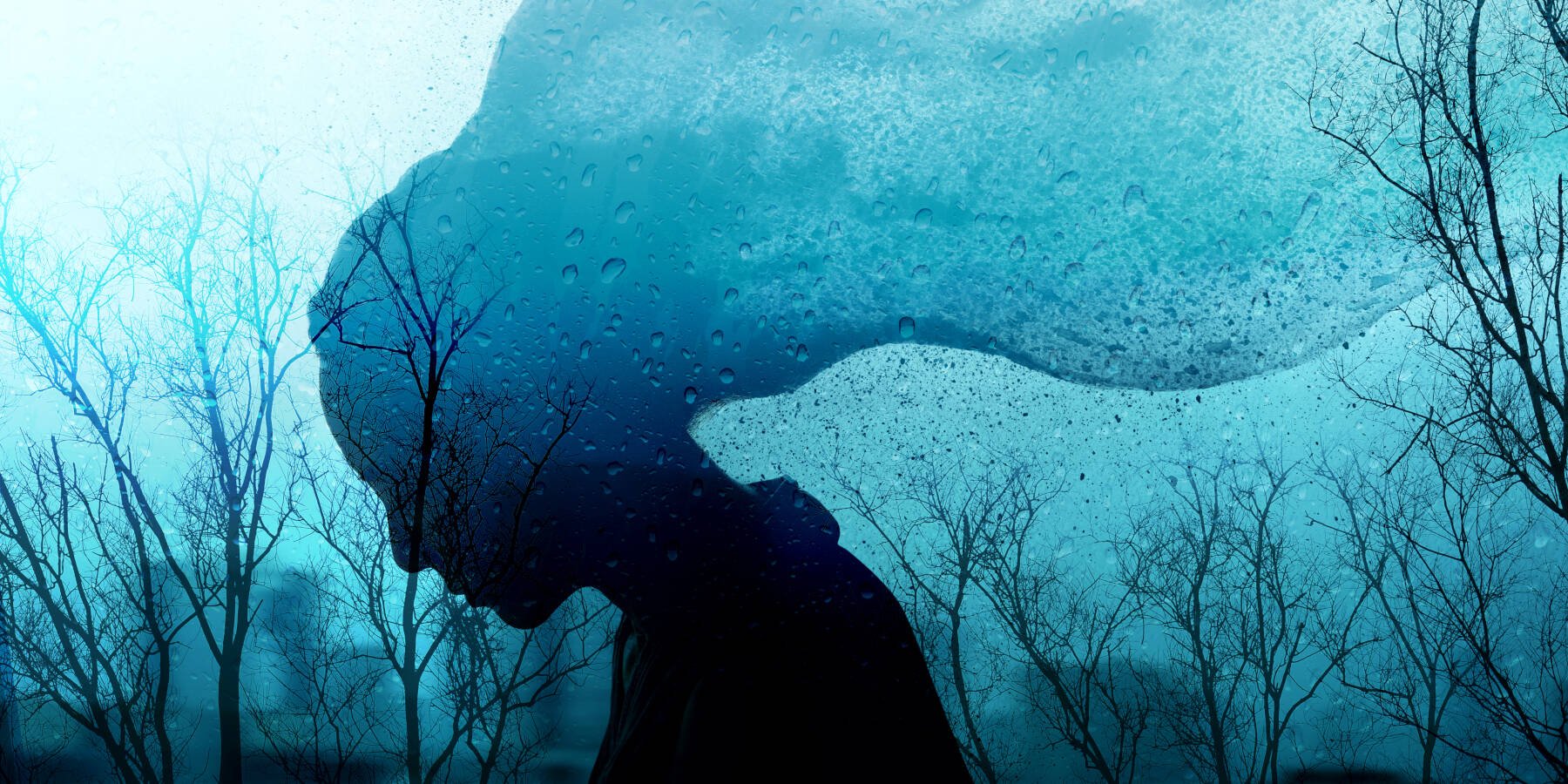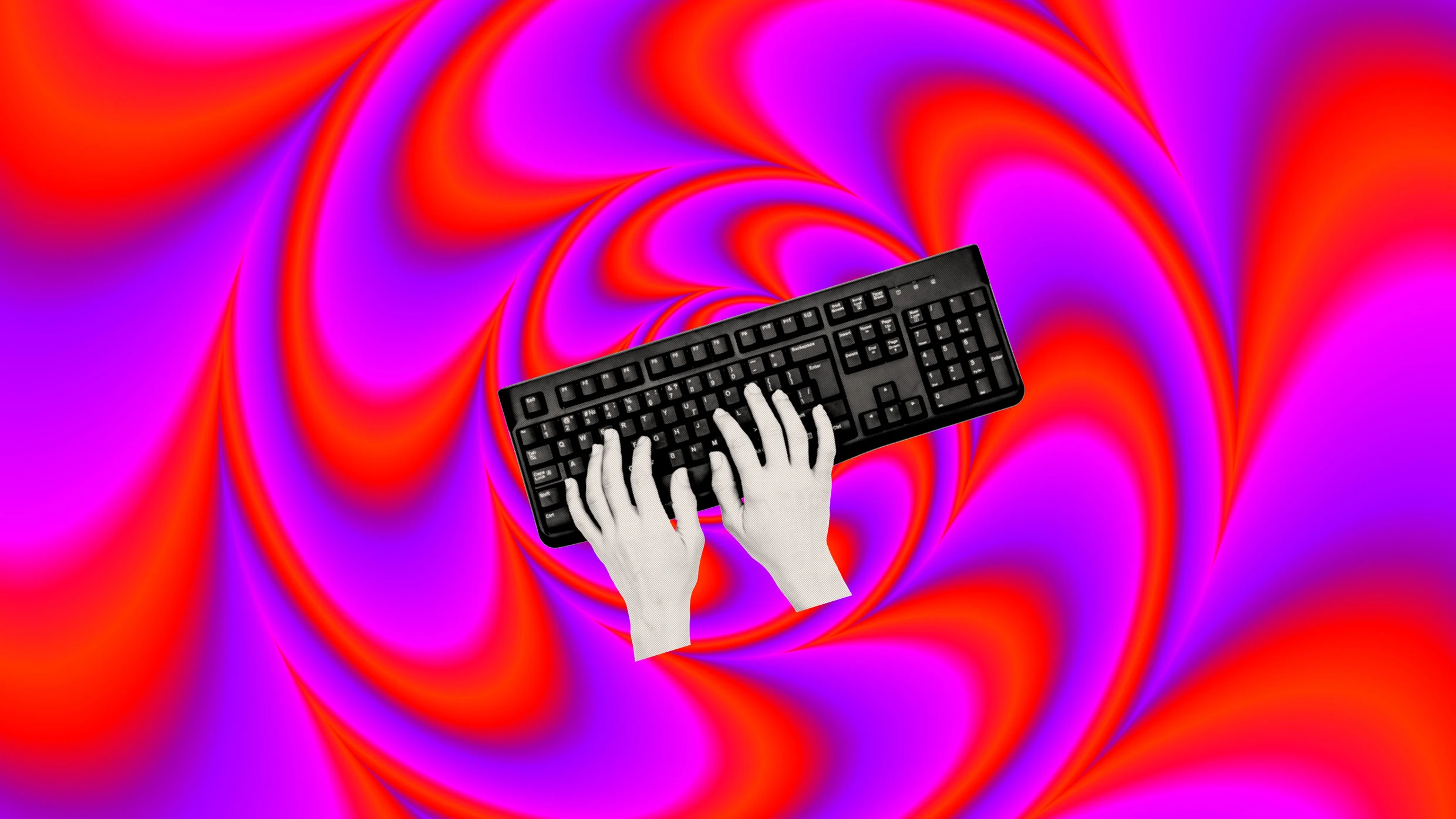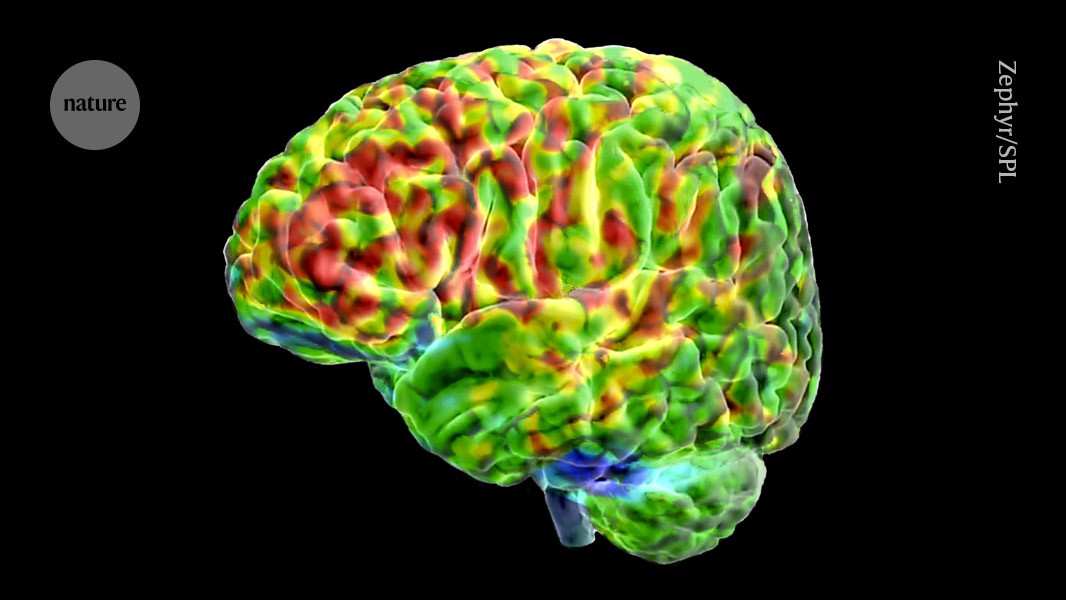fromSlate Magazine
1 day agoIt's Causing People to Lose Jobs, Shatter Relationships, and Drain Their Savings. One Support Group Is Sounding the Alarm.
Last August, Adam Thomas found himself wandering the dunes of Christmas Valley, Oregon, after a chatbot kept suggesting he mystically "follow the pattern" of his own consciousness. Thomas was running on very little sleep-he'd been talking to his chatbot around the clock for months by that point, asking it to help improve his life. Instead it sent him on empty assignments, like meandering the vacuous desert sprawl.
Mental health






